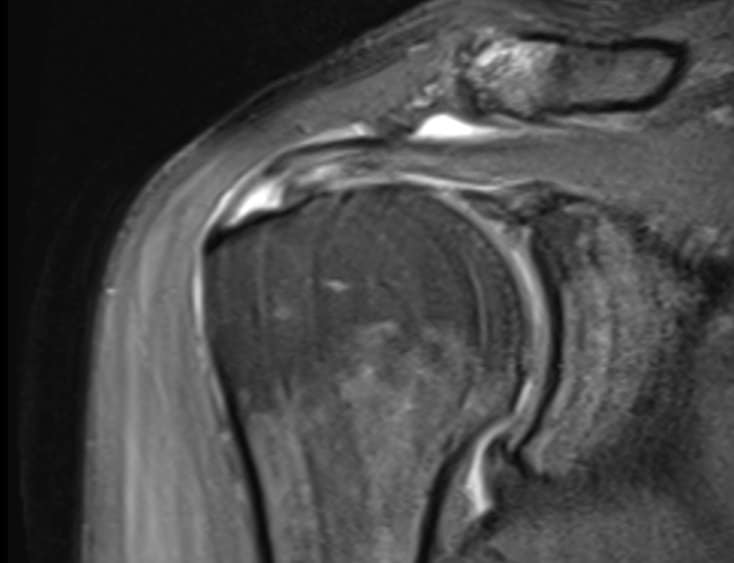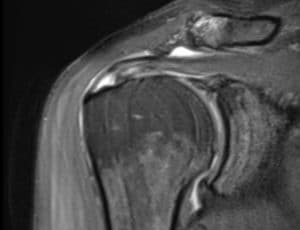How Long Do I Have to Wear A Sling After Rotator Cuff Repair?
 How long do I have to wear a sling after rotator cuff repair?
How long do I have to wear a sling after rotator cuff repair?
You recently discussed rotator cuff repair with your orthopedic shoulder specialist and you are moving forward with repair. Hopefully you are seeing a talented specialist. A talented specialist will spend time with you and discuss the details of the after-surgery healing process.
One of these details is the use of an arm sling after your rotator cuff repair. After rotator cuff repair, your arm will be immobilized in an arm sling, sometimes called a “UltraSling.” It usually consists of a durable, high-quality, well-padded sling. It also has an extra “pillow” piece that will help keep your arm and elbow from moving too much.
For more information on use of your sling, see Dr. Nelson’s YouTube channel. You may also download and print this important document, Shoulder Arthroscopy: What You Need to Know. Or you may visit Dr. Nelson’s main rotator cuff repair page.
After surgery, the rotator cuff repair must be protected. If your arm hangs free, the movement in the early weeks after the surgery will be uncomfortable. However it also places too much stress and tension on the rotator cuff repair. If too much stress and tension is placed on the rotator cuff repair, there is a risk that the repair will come loose and fail.
The sling also serves as an important reminder. It reminds you as a patient that you should not be using the arm, and it reminds others around you that you had surgery and should not be expected to use the arm.
But how long do I have to wear the sling?
The answer to this question is different for different doctors. Dr. Johnny T. Nelson follows a very simple protocol. Rotator cuff repair patients will need to wear their sling full-time for 4 weeks after the procedure. Of course, Dr. Nelson will have you come out of the sling for simple hand, wrist, and elbow exercises and sometimes some very gentle movement exercises of the shoulder. However you will be wearing your sling 24 hours per day, including sleep. After 4 weeks, Dr. Nelson will permit you to remove the sling while at home only and use the arm for very gentle activities
Dr. Johnny T. Nelson will still have you wear the sling when you leave the house up until 6 weeks after surgery. This is because it is important that you do not use the arm to do things like open doors, drive a car, carry grocery bags, etc.
In the first 4 weeks, there are a few reasons to remove your sling.
For example, if you are taking a shower or getting dressed, it is necessary to remove your sling. In these situations, it is still important to be careful with the arm and not use it for grasping, pushing, or pulling, or lifting.
It is also okay to remove your sling if you are sitting or lying down, such as on a sofa or armchair. It is acceptable to remove the straps and remove the sling for comfort, allowing the arm to rest at your side. You may do this only if you are awake. Remember, the sling is a reminder above all else, which is most important when you are up and especially when you are out of the house.
If Dr. Nelson does not perform a rotator cuff repair, and shoulder surgery targets other problems (such as the biceps tendon or bone spurs), he may allow you to remove your sling earlier and begin using your arm earlier.
If you have shoulder pain, if you have a rotator cuff tear, if you are in need of an orthopedic shoulder doctor, call 919-872-5296 today to schedule your visit with Dr. Johnny T. Nelson, MD.
How Long Do I Have to Wear A Sling After Rotator Cuff Repair? Read More »



 Do I have to have surgery for my rotator cuff tear?
Do I have to have surgery for my rotator cuff tear?
